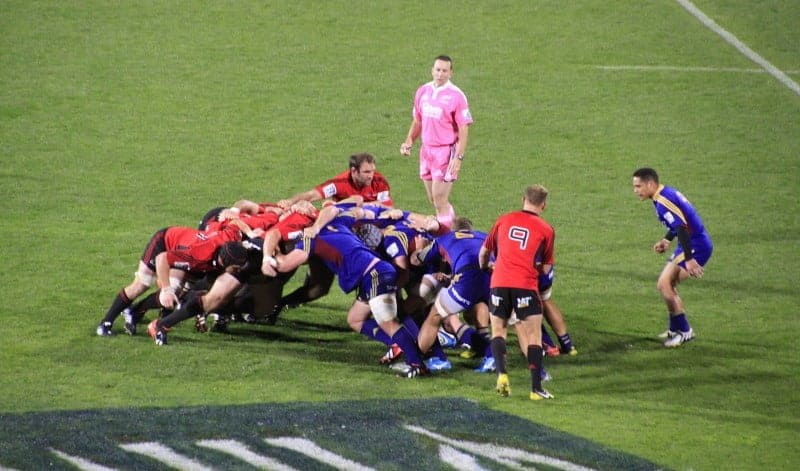My last blog on this site was linking sports – total football in that case – to the ideas behind DevOps. Maybe that got me thinking about sports and ITSM topics. Whatever the reason, an allusion came to me in a recent training course when a discussion opened up around governance. One of the delegates had suggested that governance was a bit like a refereeing – checking that the rules are being followed and blowing a whistle to draw attention when they are not.
Table of Contents
ToggleGovernance as the referee?
I thought abut that for a while – started with the usual consultant’s response of ‘Well, yes and no” (a variation on the old fallback of “it depends”). There seemed some merit in that comparison. Certainly, remembering football games at school without referees, I could see the similarity to organisations with little or no proper governance. I remember disputes about truth, rules treated as optional and a tacit acceptance that anyone big enough and mean enough didn’t have to follow any rules at all.
Not all referees are the same
So, I thought it was an idea worth some more consideration. But most sports referees are too detached from the game’s purpose to represent good governance. Not of course that all the governance we see is good governance, so perhaps a useful analogy there after all – let’s get back to that later. Referees in rugby union though are a somewhat different matter. At every level of the game – from schools and Saturday morning in the park games right through to superstar internationals playing in the world cup – you will hear the referee advising and warning the players. This, to me, is an unqualified good thing. The referees are in a position of authority: you won’t see players arguing or disputing matters of fact with them. But they are also committed to the bigger picture: making the game flow, making it enjoyable and satisfying for the players and making it a game worth watching for the spectators.
What you will hear is the referee warning players when they get near the offside line, or stopping them picking up the ball when it isn’t allowed, reminding them when they must stay on their feet and so on. In other sports, they just watch and penalise when it goes wrong – as if referee and players were enemies. In rugby it is like they all are in it together. I know which sounds more sensible and desirable to me.
Neither is all governance
So, if this analogy holds, which of these three kinds of refereeing/governance does your organisation currently have – and what does it aspire to?
- Kick about in the park – no rules, no oversight and not much short of a free-for all? Good for exercise and effort, but not likely to produce either meaningful results or deliver required services.
- Soccer/football – the rule makers have set down what should happen, and they will watch you but not talk to you unless things go wrong, when they will assign blame
- Rugby – feel like they share the responsibility for overall success, keep up a dialogue, and provide constructive advice as well as authority. Rather like the best kind of parents.
And if you have responsibility for governance, please do realise that you should accept your share of the responsibility for failure or success overall. The sports match has a range of deliverables – ranging from exercise to fame and fortune. Equivalently, organisations will deliver a range – perhaps from staff satisfaction and wages through to life saving services to their customers, users and others. If you see something going slightly in the wrong direction, advice beforehand is always more constructive than retrospective blame.






